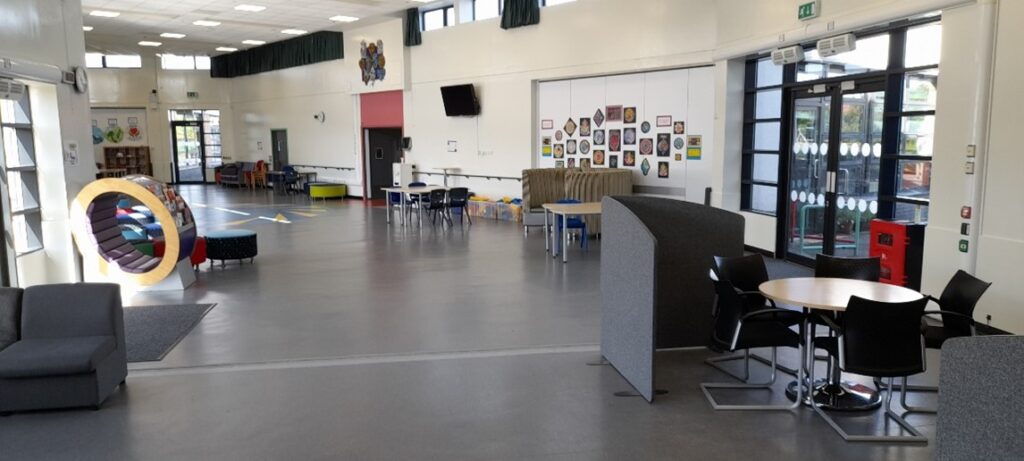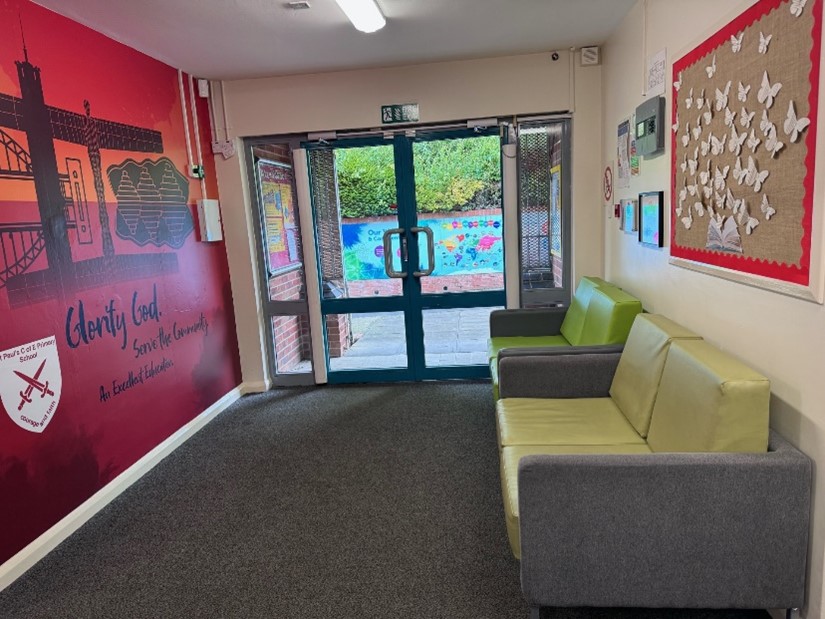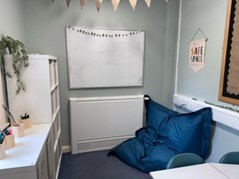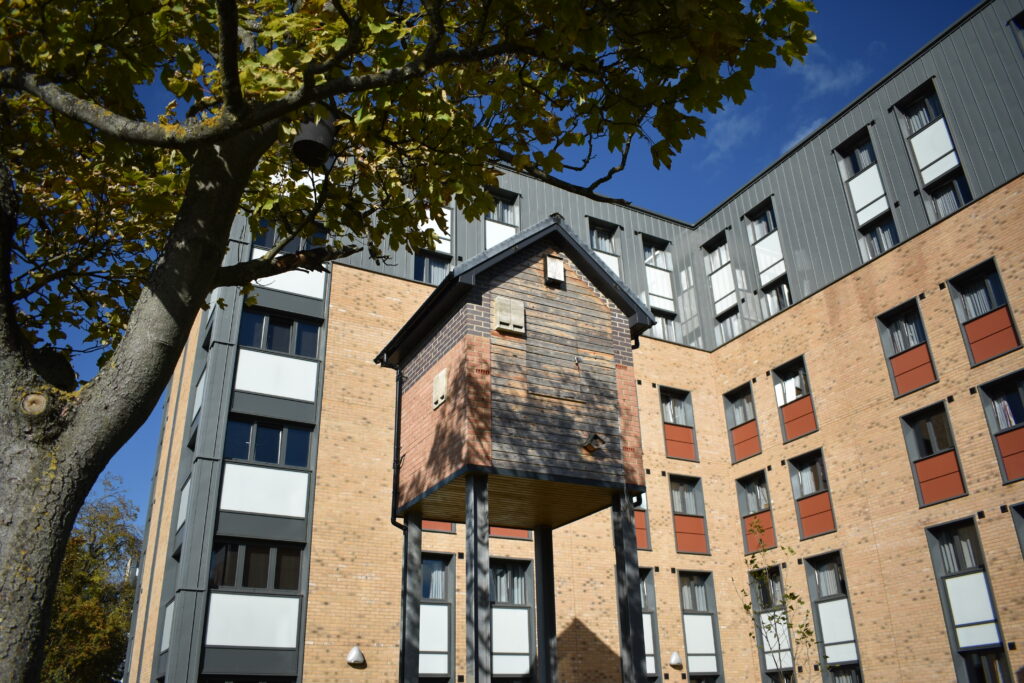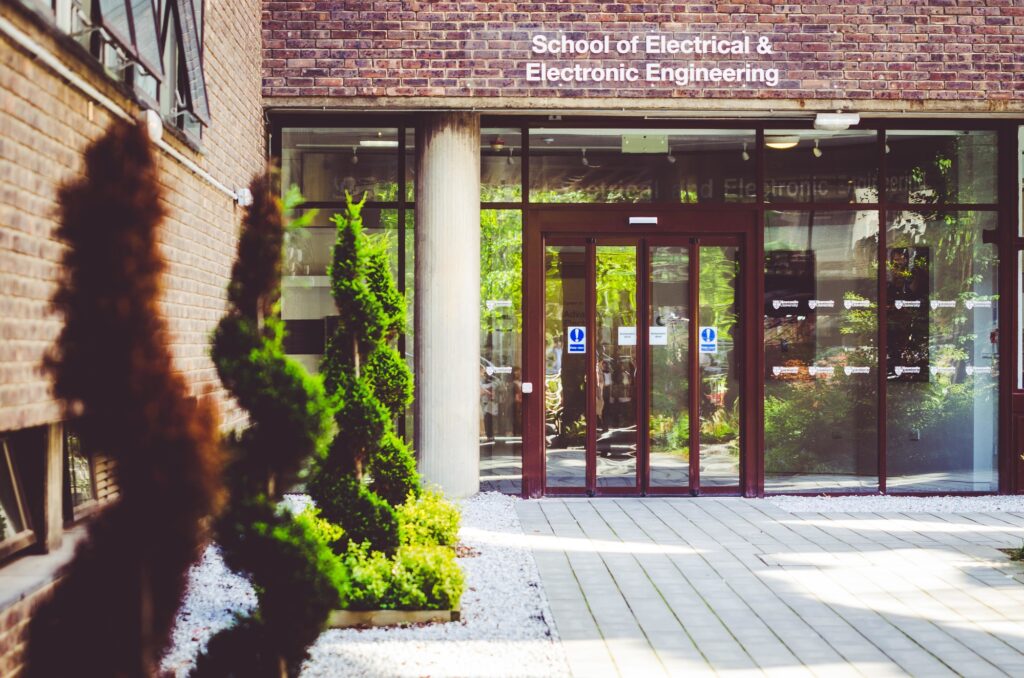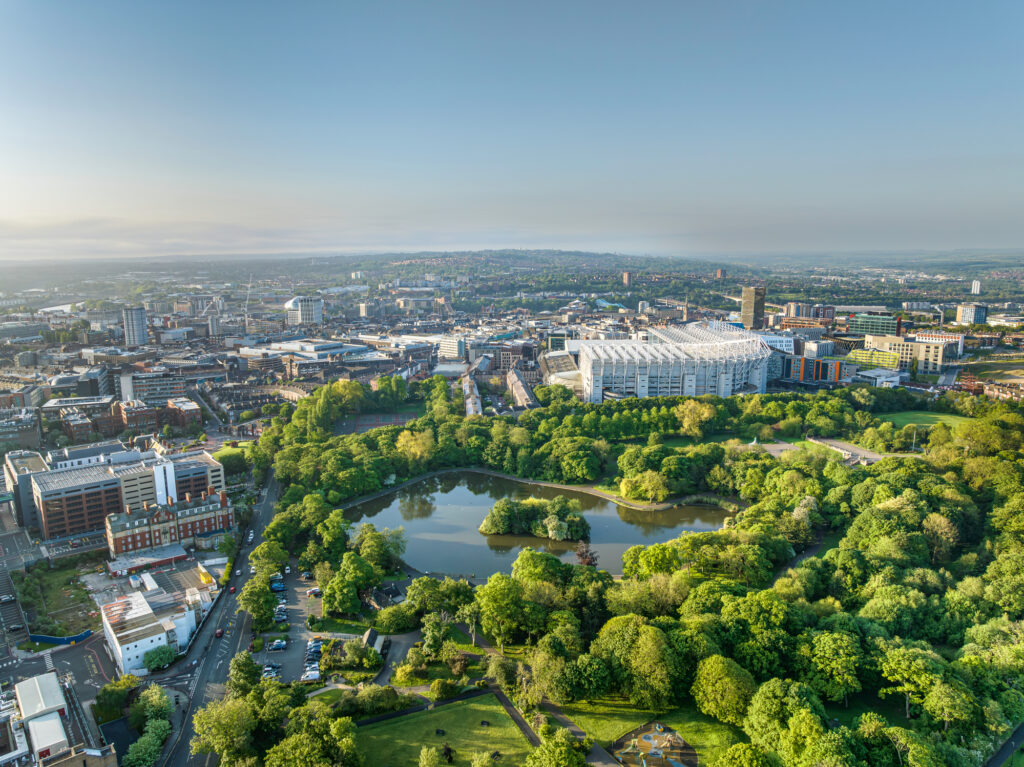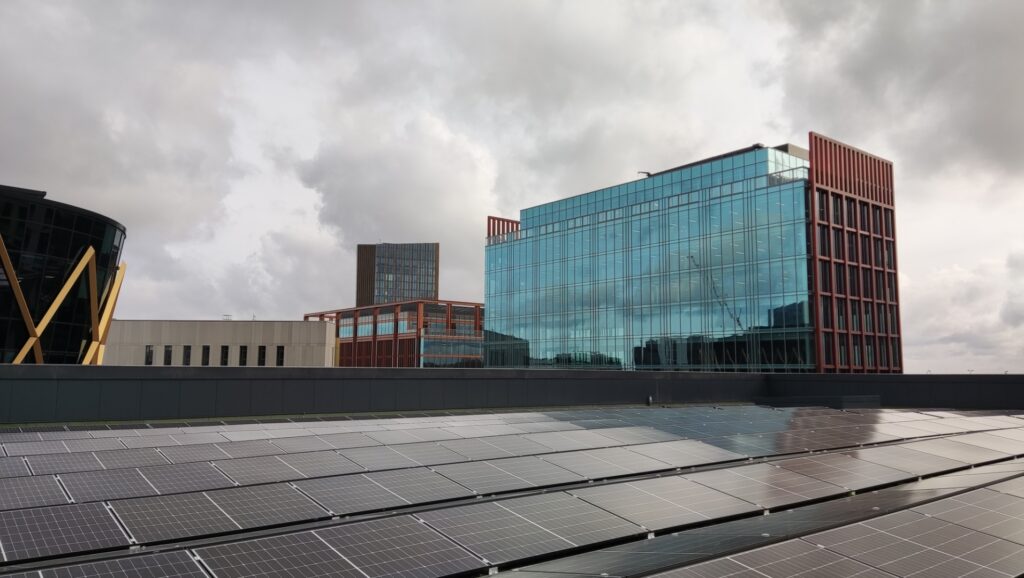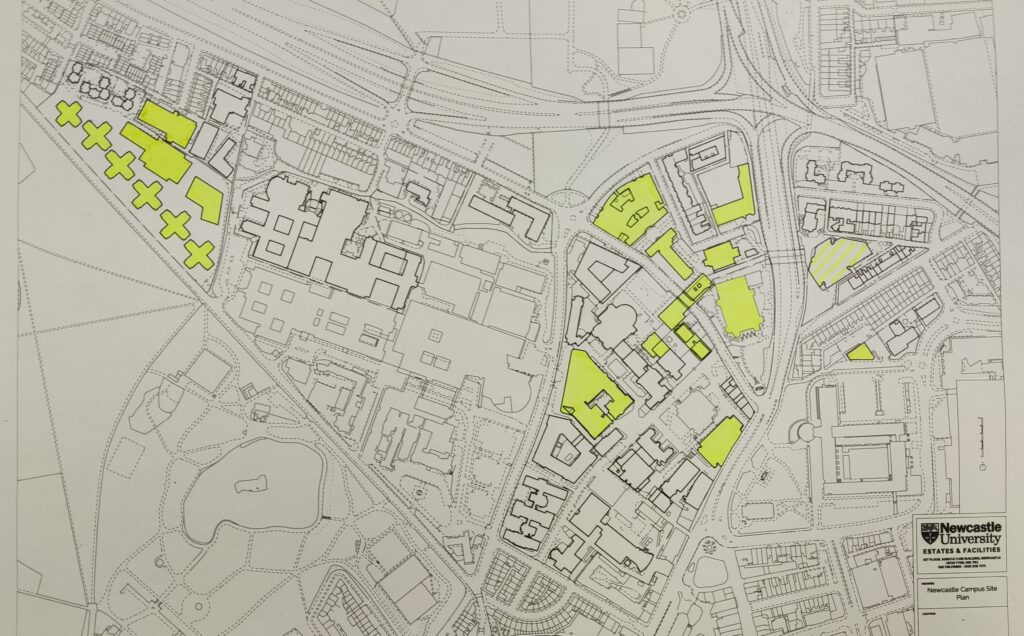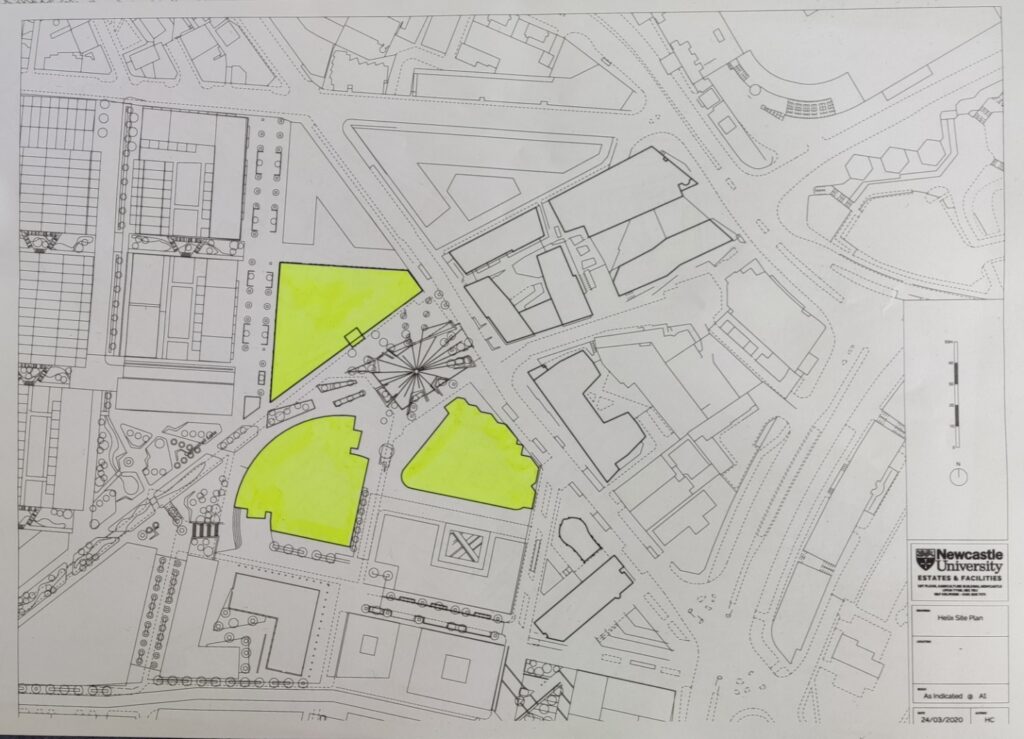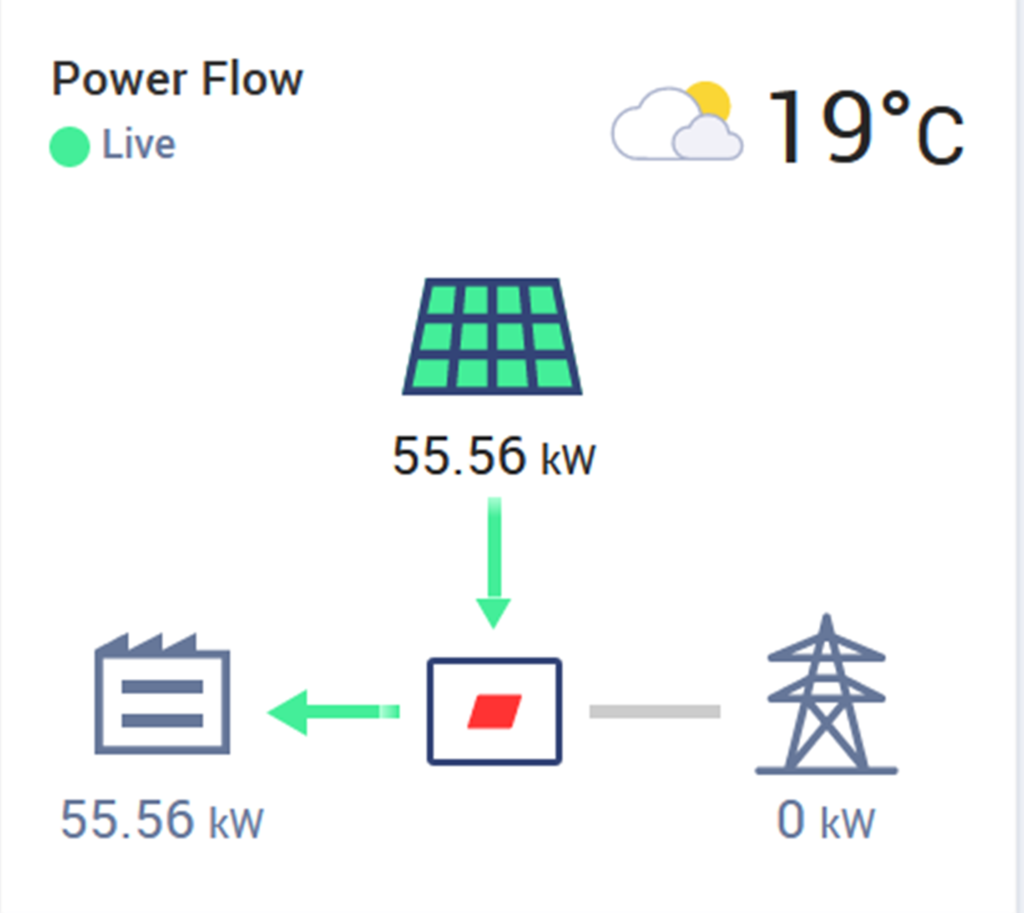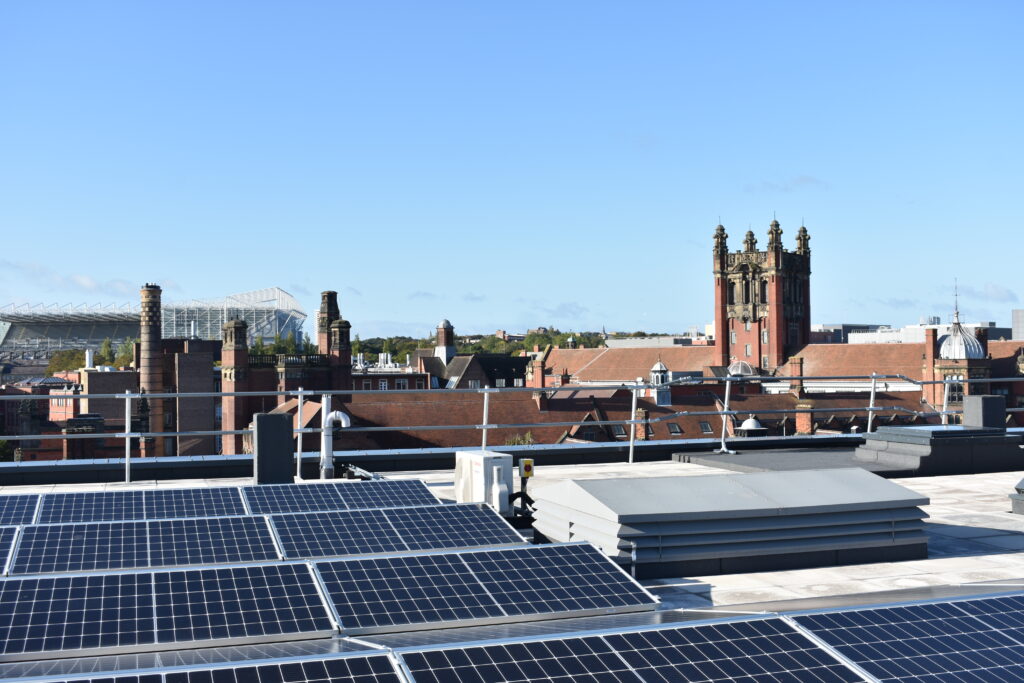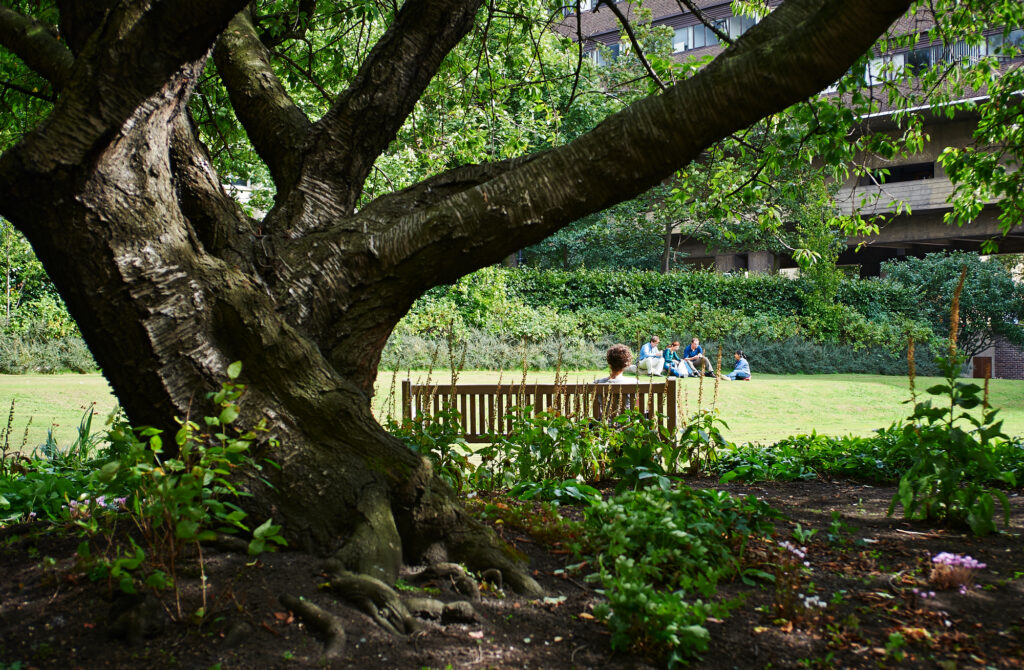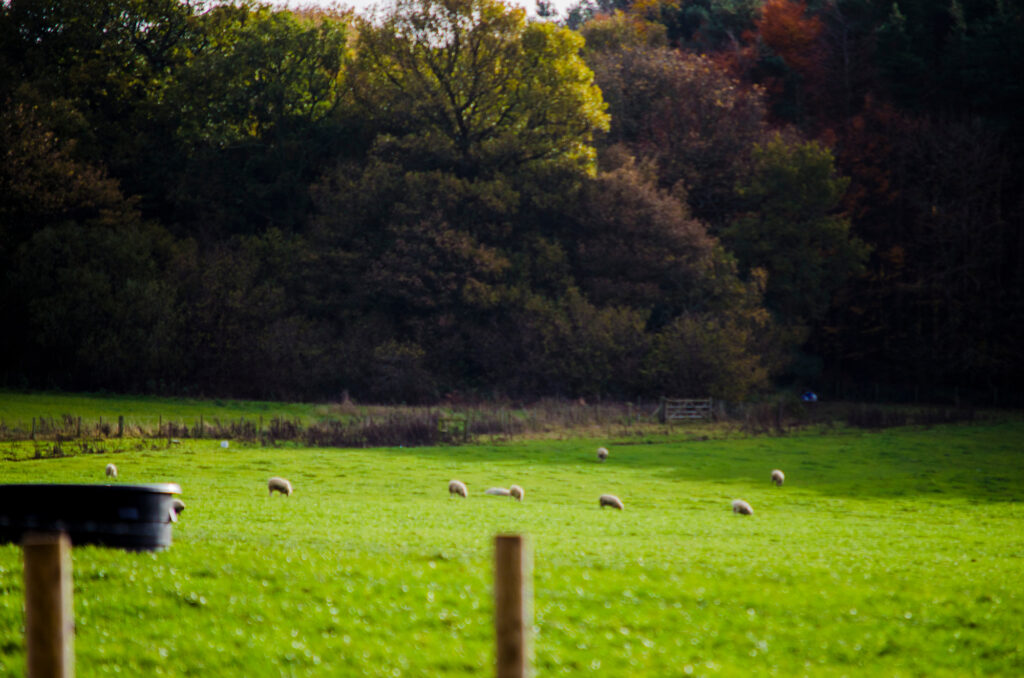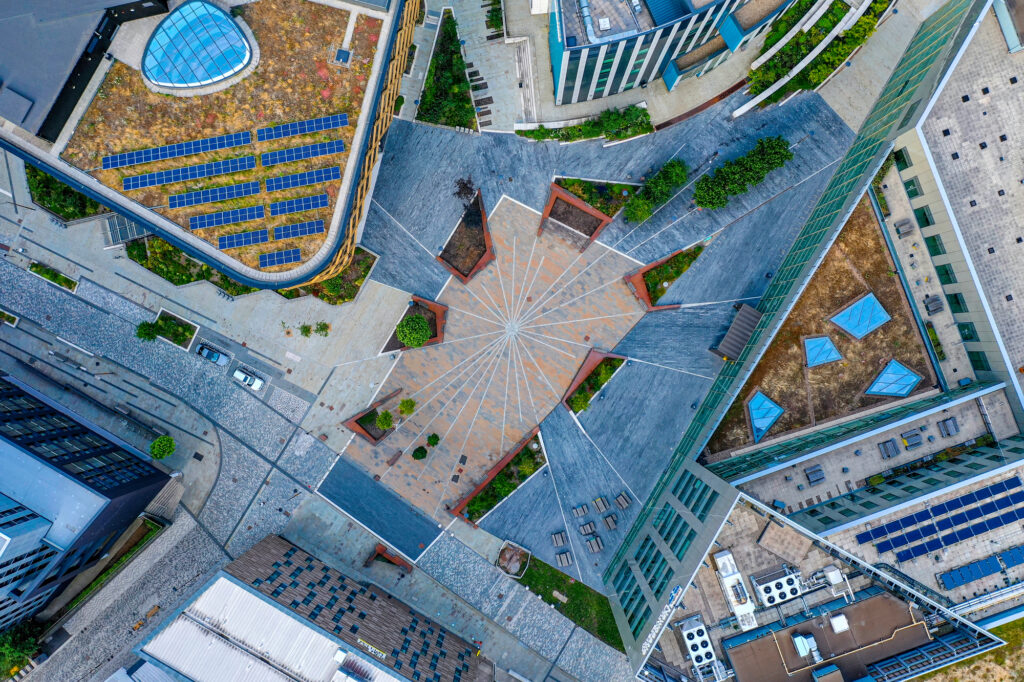Completed in June 2021, the _OME is the flagship research and showcasing facility of the Hub for Biotechnology in the Built Environment (HBBE), an innovative research partnership set up between Newcastle and Northumbria Universities. With funding from Research England, the HBBE combines expertise in biosciences, design, architecture, and engineering to advance cutting edge research on biotechnology. As part of this, the team, now made up of nearly seventy researchers and support staff (HBBE, 2022), are constantly testing ways to improve the health and sustainability of our homes by researching everything from controlling the spread of pathogens to innovating on sustainable technologies. This diverse and hugely beneficial work is centred on the state of the art _OME facility, so how exactly are these exciting projects designing the living spaces of the future?
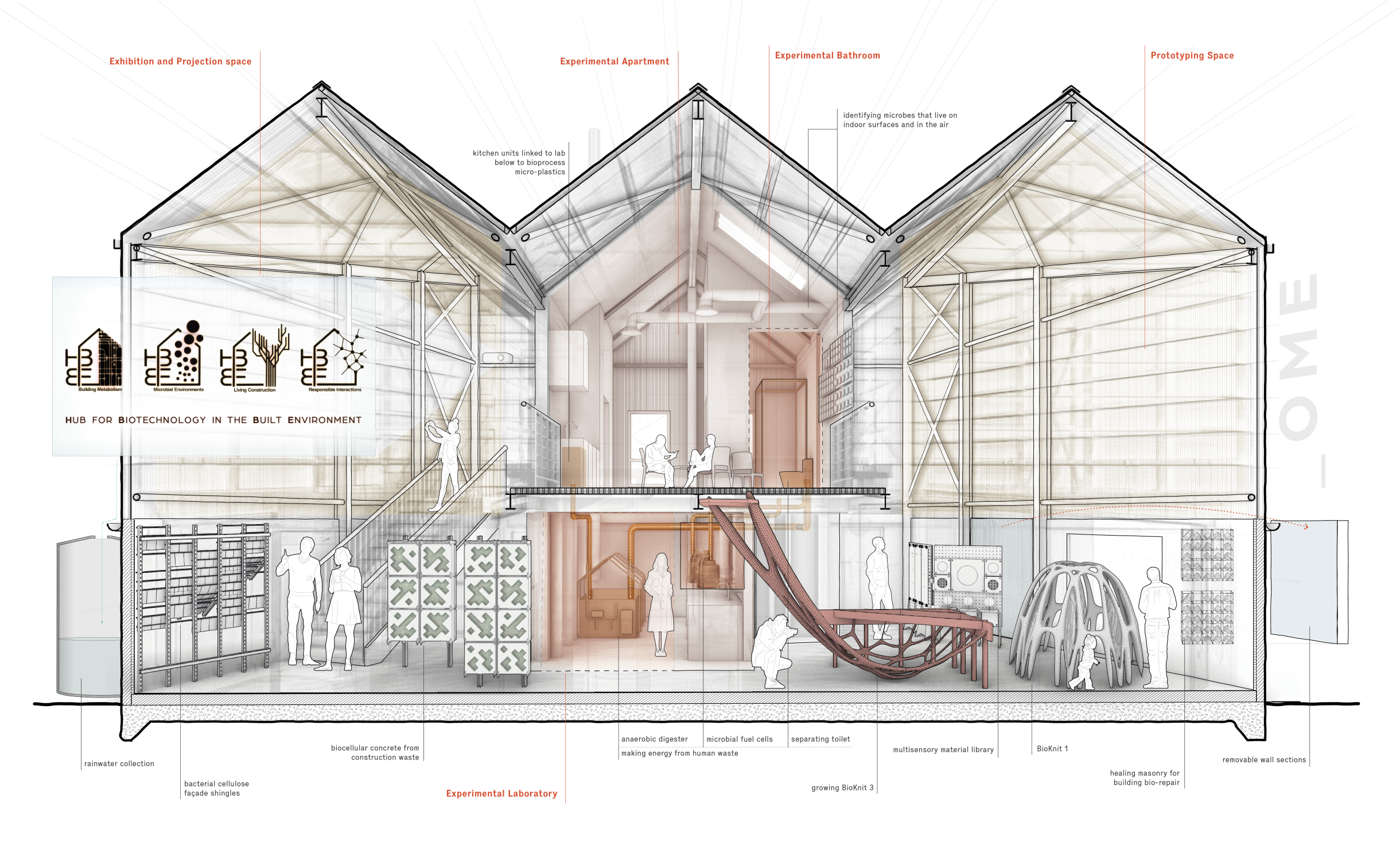
Located on Devonshire walk, next to the Great North Museum: Hancock and the Devonshire and Drummond buildings, the _OME houses an in-house experimental apartment, accompanying laboratory, and display space for innovative materials and technologies. The HBBE’s research is organised into four key themes and utilises concepts including the genome, biomes, and home, hence the name: _OME. The four research themes being undertaken in the facility touch on a variety of repurposed, improved, and novel technologies and practices to lower carbon footprints and keep us healthy by design. So what do they all involve?
Theme 1: Building Metabolism
The first theme focusses on building-wide methods to achieve a higher degree of sustainable self-sufficiency by creating an artificial ‘metabolism’ in the structure and systems of the house itself. Practical examples of how this metabolism works include generating renewable electricity on site via solar panels on the building’s roof and utilising greywater to lower water use by, for example, reusing water from sinks or the shower to flush the toilet. Additionally, other technologies being woven into this metabolism include rainwater harvesting from the roof gutters and developing waste handling systems within homes that can deal with waste on site and even generate heat and other useful resources from it! When combined, these technologies could work to maintain a living space with a fraction of the energy and water requirements of a standard home, helping to save on both carbon and bills!
Theme 2: Living Construction
The construction sector is a major emitter of carbon globally and commonly used materials including steel and concrete require an awful lot of energy to produce (Wang and Ramakrishnan, 2021), leading to homes with high embodied emissions. Thankfully, lower carbon materials, including cross-laminated timber, are becoming more commonly used (Ahmed et al., 2024), but researchers at the HBBE are looking to advance construction even further by developing intelligent materials. The focus of this research sits squarely on bio-materials, including biominerals, biopolymers, and hygromorphs, which promise not only to lower embodied emission further, but also to offer other advantages. One exciting potential feature of these biomaterials would be to respond to certain stimuli and regrow their structures when damaged – creating self-repairing buildings! These innovations would further add to the construction sector’s arsenal of sustainable building techniques, giving architects more tools to create buildings that are good for both people and planet.
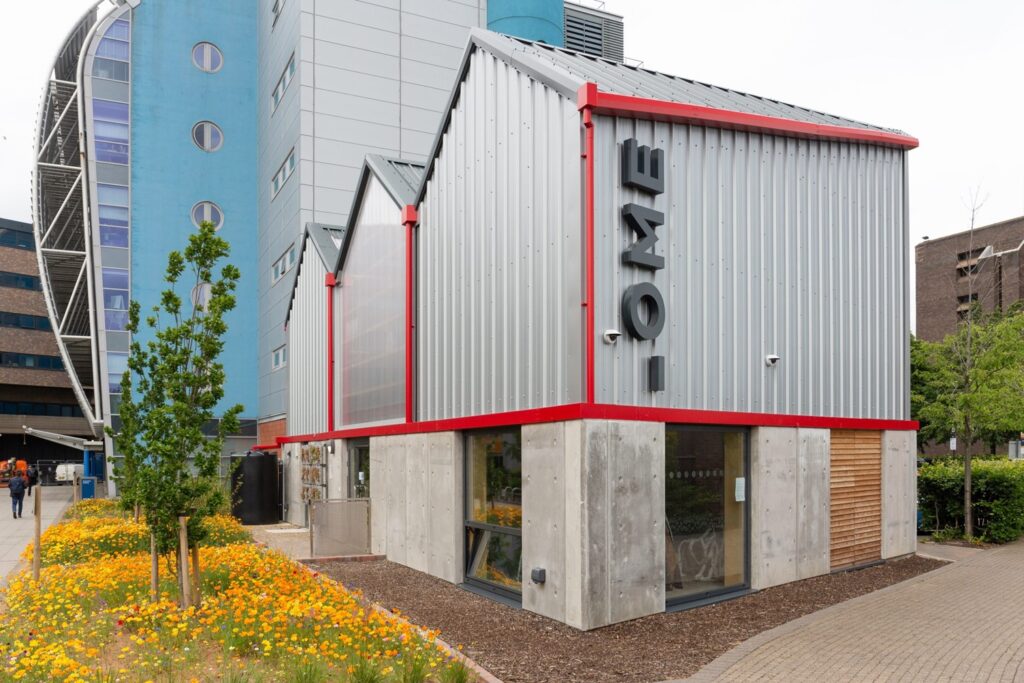
Theme 3: Microbial Environments
The third theme touches on the _OME’s creation mid-way through the Covid 19 pandemic. Here, research teams are designing homes to better support healthy microbiomes and passively reduce the spread of illnesses, including pandemics. Proposed technologies for achieving this include smart ventilation, antimicrobial materials, and advanced microbiome monitoring systems to better understand what’s going on in the home. Not only will these innovations improve people’s health, but they could also reduce the environmental costs of dealing with illnesses and epidemics (see our sustainable medicine blog here) by creating environments that are far better at handling these issues by design.
Theme 4: Responsible Interactions
As seen previously, the HBBE is working on a variety of innovative technologies, but implementation of these isn’t always smooth sailing. To help ease biotechnologies’ transition from research to widespread use, therefore, researchers are investigating a variety of potential potholes, from accessibility concerns to unintended environmental effects. Additionally, ensuring these new technologies can seamlessly integrate with existing practices and standards, and making sure that people are culturally on board to accept innovations such as biomaterials, remains an important challenge. The _OME is major part of the solution here, as novel technologies can be tested out in the living laboratory and new materials can be shown off to unsure potential adopters, helping to tackle challenges before they become significant issues.
Thank you to the amazing HBBE team for their innovative work and their dedication to improving the sustainability of our built environment. Upon its completion in 2021, the _OME joined a series of Living Labs associated with Newcastle University across campus and elsewhere. These facilities look to continually generate high quality research and data as part of their site’s design (often while being used for a variety of other useful purposes) and you can learn more about them here. Additionally, further information on the HBBE’s activities, including its publications and additional research groups, can be found here. If you’d like to find out more about sustainability at Newcastle University, you can explore our website and other pieces in this blog, and sign up to our newsletter here.
References
Ahmed, S., Dharmapalan, V., and Jin, Z. (2024) ‘A Subject Review on the Use of Mass Timber in the US Construction Industry’, Construction Research Congress 2024: Sustainability, Resilience, Infrastructure Systems, and Materials Design in Construction. pp. 287-295.
Dixon, T., Connaughton, J., Green, S., (eds) (2018) Sustainable Futures in the Built Environment to 2050: A Foresight Approach to Construction and Development. Hoboken: Wiley-Blackwell.
Hub for Biotechnology in the Built Environment (HBBE) (2022) Annual Report 2022. URL: http://bbe.ac.uk/wp-content/uploads/2022/06/HBBE_2022_Annual-Report.pdf (accessed 29.08.24).
Wang, X., and Ramakrishnan, S. (2021) Environmental Sustainability in Building Design and Construction. Cham: Springer International Publishing.




